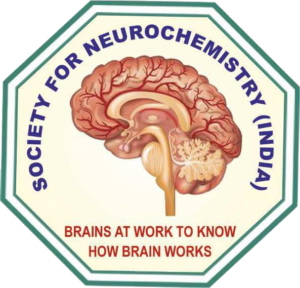Unlocking Peak Performance: The New Frontier in Athletic Training
Unlocking Peak Performance: The New Frontier in Athletic Training
The Evolution of Athletic Training Techniques
Athletic training has undergone a significant transformation over the past few years. Gone are the days when a simple regimen of running and weightlifting was considered sufficient for optimal performance. Modern athletes are now engaging in comprehensive training programs that include everything from advanced biomechanical analysis to mental conditioning. This evolution is driven by the desire to push human limits further and achieve peak performance in a safe and sustainable manner.
This new era of athletic training also incorporates innovative technologies and interactive approaches. For instance, some athletes engage in dynamic games that improve not just their physical prowess but also their mental agility. Games such as the Chicken Road Game offer an intriguing blend of entertainment and skill development, requiring players to navigate complex scenarios that can enhance cognitive processing speed and decision-making abilities. Such game-based training methods are revolutionizing how athletes prepare for high-pressure environments.
Integrating Technology for Superior Outcomes
Advancements in technology have opened up new possibilities for enhancing athletic performance. Wearable devices, smart clothing, and sophisticated monitoring systems are now standard fixtures in training facilities worldwide. These technologies provide real-time feedback on vital metrics such as heart rate, muscle activation, and even hydration levels. By continuously monitoring these factors, athletes and trainers can fine-tune training programs to meet individual needs, reducing the risk of injury and improving performance.
Furthermore, virtual reality (VR) and augmented reality (AR) are also making their way into the athletic training landscape. These immersive technologies simulate real-world conditions and scenarios, allowing athletes to train in an environment that closely mimics competition without the associated risks. The ability to practice in a virtually safe yet challenging environment enables athletes to hone their skills and refine techniques with precision.
The Importance of Recovery and Mental Health
In the quest for peak performance, recovery and mental health have emerged as critical components of athletic training. As training methods have intensified, so too has the focus on ensuring athletes are both physically and mentally ready to tackle challenges. Recovery techniques such as cryotherapy, massage therapy, and guided meditation are now integral to training programs, helping athletes maintain their health and extend their careers.
Mental health is equally prioritized, recognizing the impact of stress and pressure that professional sports can exert. Psychological support, mindfulness practices, and stress management strategies are provided to athletes to ensure balanced mental wellness. By supporting the mental health of athletes, training programs aim to build resilience and maintain focus, enhancing both performance and personal well-being.
About the Website
This website is dedicated to exploring and sharing the latest innovations in athletic training. We aim to provide valuable insights, expert opinions, and the newest research findings to help athletes, coaches, and enthusiasts unlock the full potential of sports training. Our content is designed to inform and inspire, offering a broad range of resources on emerging trends and training techniques.
Whether you’re an aspiring athlete, a seasoned professional, or simply passionate about sports, our platform offers valuable information to assist you in reaching new heights. Discover cutting-edge methods and technologies that are setting the new frontier in athletic excellence, empowering you to embrace a holistic approach to performance enhancement. Join us on this journey as we continue to explore and unlock the secrets of peak performance in sports.



